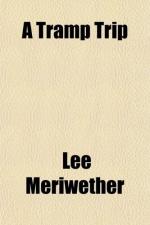|
This section contains 631 words (approx. 3 pages at 300 words per page) |

|
William Whyte's The Organization Man made a point similar to Riesman's. Whyte claimed that big business, bureaucracy, and suburban living had smothered the puritan ethic, which championed hard work and self-motivation. The work ethic of the organization man dictated only that he contribute to the success of the organization. The phenomenon was most closely associated with the business world; but academia, government, religion — all increasingly structured — likewise subtly discouraged individual initiative. Again, as with Riesman and Glazer's idea of "other-directedness," there was a tension: cooperation among its members is necessary to the success of an organization, but creativity and innovation are as well.
Dynamics of Power.
Also published in 1956 was The Power Elite by the maverick scholar C. Wright Mills. Mills was a brilliant professor of sociology at Columbia University who rode a motorcycle and dressed in flannel shirts and combat...
|
This section contains 631 words (approx. 3 pages at 300 words per page) |

|




